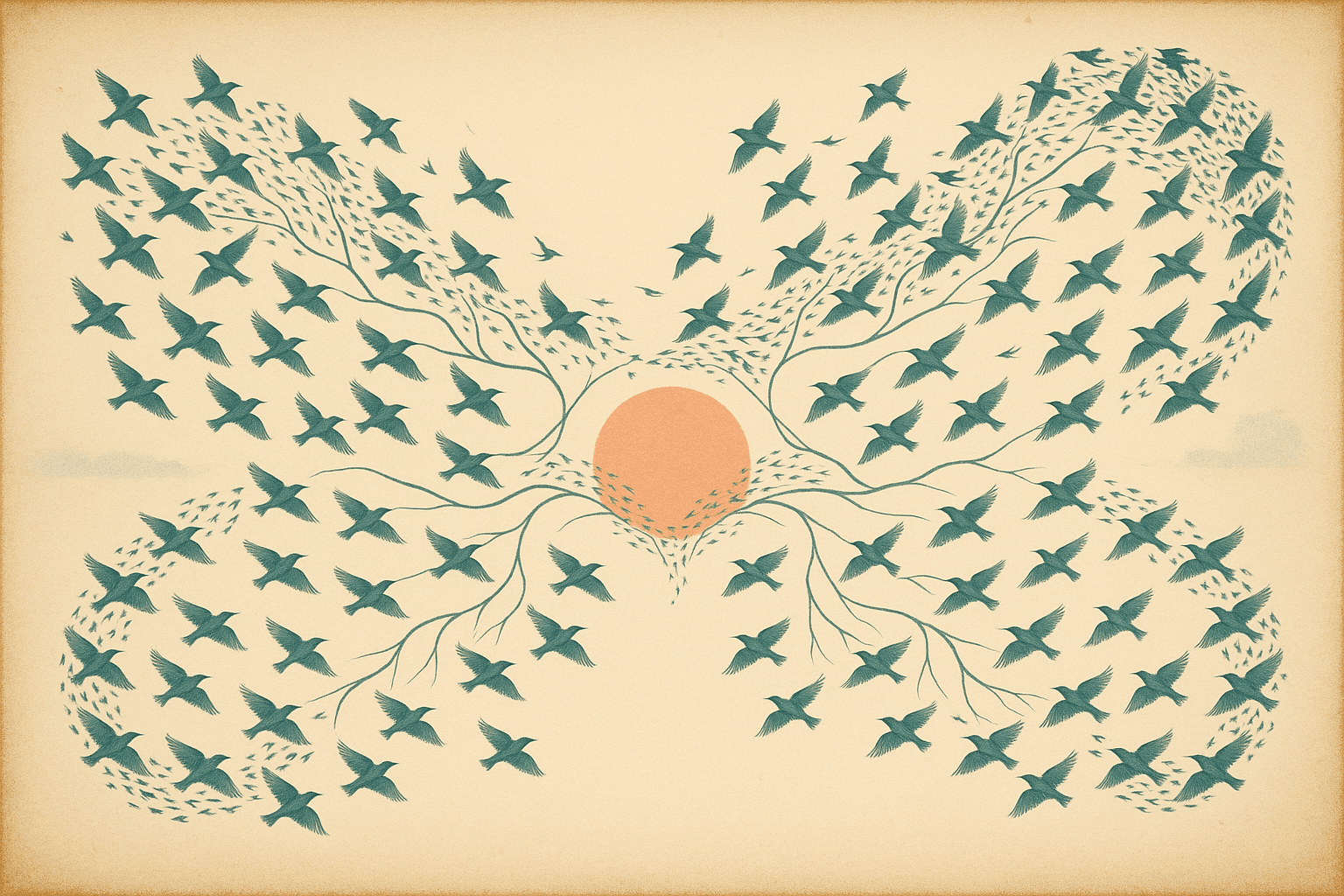
The AI Product Manager as Innovation Catalyst: Why Specialized Roles Drive Better Outcomes
As 85% of AI models fail in production due to unique technical challenges, specialized AI product management emerges as a critical discipline for navigating model drift, ethical considerations, and complex stakeholder ecosystems.







